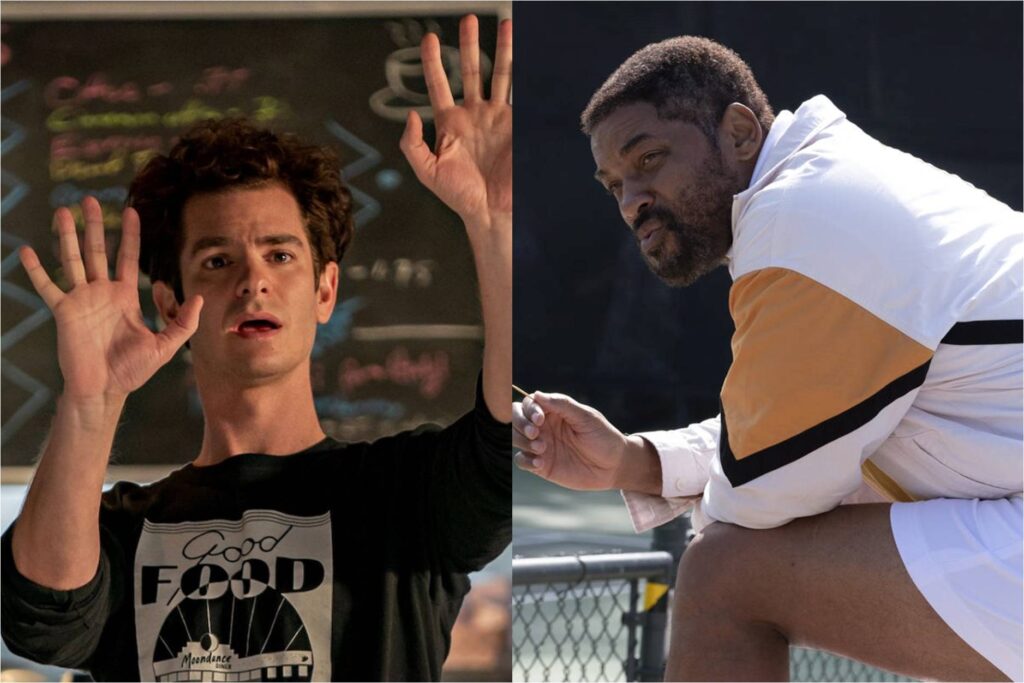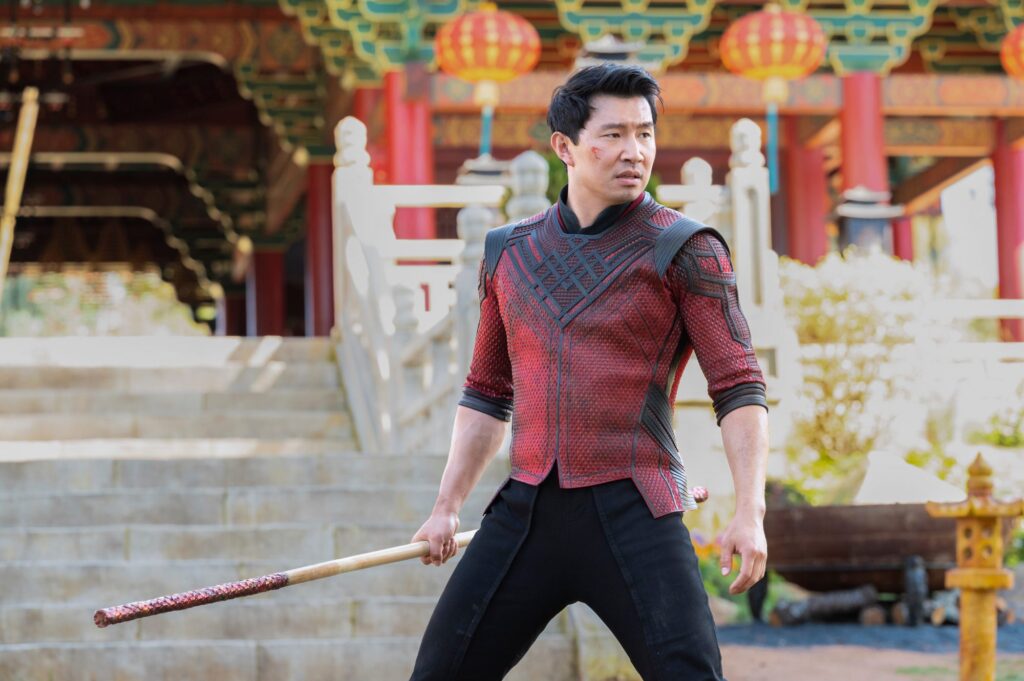Spider-Man: No Way Home: Once, Twice, Three Times a Spidey

The twin cornerstones of the Marvel Cinematic Universe (not to be confused with the six infinity stones) are fan service and self-reference. Fan service, in that the primary purpose of these movies is satisfaction—not telling satisfying stories, but catering to their audience’s collective wants. And self-reference, in that the most efficient method of achieving this goal is to cram each picture with copious easter eggs, cameos, and callbacks, the better to flatter viewers’ knowledge and inspire periodic bursts of applause. The point of new installments is to remind people of older ones. The MCU is arguably the most successful global franchise in the history of popular culture, and its success derives from how it operates as a cumulative series of homework assignments.
So it’s fitting that Spider-Man: No Way Home—the third entry to center on Peter Parker, everyone’s favorite science nerd turned friendly webslinger, and the whopping 27th episode of the MCU overall (with another half-dozen films slated for theatrical release over the next two years)—finds its hero applying to college. (Never mind that Tom Holland, the talented British actor who again plays Peter with an appealing combination of gawkiness and sincerity, turned 25 this past summer; proper aging is the least of Marvel’s continuity concerns.) Sure, the movie that bears him carries the hallmarks of modern fantasy: warped spells, fractured universes, toppled buildings, freighted battles. But it is first and foremost a history lesson—a crash course in Spider-Man lore designed to reward viewers for their continued attention and scrupulous studying. If the past two decades of comic-book cinema were the substance of the curriculum, No Way Home is the refreshingly easy final exam. Read More




